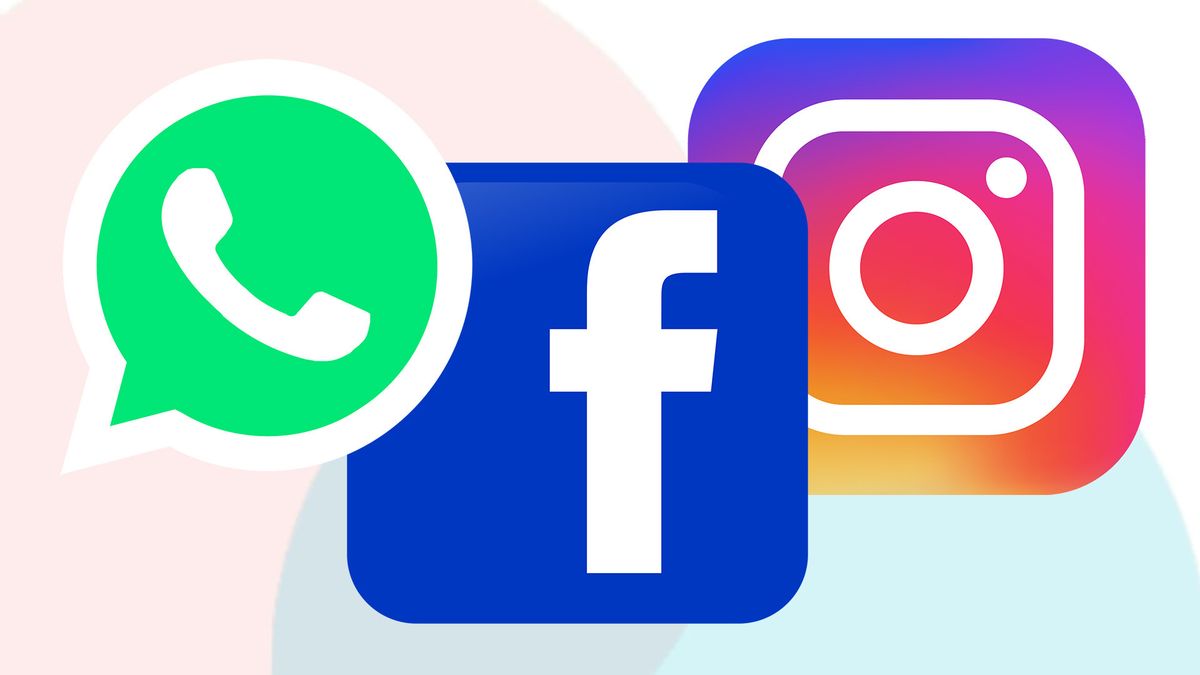JAKARTA - Facebook's big plan for interoperability, where one application can interact with other applications, such as Messenger-Instagram-WhatsApp is still running. However, a top executive has confirmed that WhatsApp users will not be forced to join the connected messaging service's ecosystem.
Mark Zuckerberg announced the company's vision for interoperability in 2019, arguing that users should be able to reach their friends without worrying about which Facebook platform they are on.
This is not just an internet based messaging service. The SMS protocol is also part of the company's cross-platform communication master plan.
The company has served a significant part of its cross-service messaging goal by allowing Messenger users to chat with their friends on Instagram, and vice versa — without having to install both apps. Even though WhatsApp is currently out of this interoperability hodgepodge, the company is already laying the groundwork by expanding its security features.
Just over a month ago, Facebook expanded support for end-to-end encryption for voice and video calls on Messenger. However, it remains to be seen whether Facebook can integrate WhatsApp into its interoperability scheme without setting off a privacy storm.
It appears that Facebook will take a cautious approach, apparently taking heed of the furore that followed the change in its privacy policy. Loredana Crisan, VP of Messaging Experience at Facebook, told The Next Web that the company is continuing to work on interoperability between WhatsApp and its sister services, Instagram DM and Messenger.
More importantly, Crisan mentioned that WhatsApp users will have the choice of whether they want to enable cross-platform messaging with their account.
Crisan did not elaborate on how the opt-in system for WhatsApp users would be implemented, but did mention that conversations across platforms would be encrypted. However, there are some functional hurdles that Facebook must overcome before privacy concerns can be overcome.
Firstly, all private chats are end-to-end encrypted by default on WhatsApp, but that facility is only available when the user starts a 'secret chat' in Messenger.
In addition, companies must carefully select the user data they collect during these cross-platform conversations, and must disclose details to avoid other lines of privacy and regulatory scrutiny.
Facebook is already under intense scrutiny over practices that allegedly bypass WhatsApp's privacy claims, so convincing users won't be easy.
Another important aspect is the login method. WhatsApp only relies on a cellphone number to create an account, while a Facebook account is sufficient to use Instagram and Messenger.
However, opting for the convenience of interoperability means leaving the gate open for sharing phone numbers with Facebook and its advertising partners for ad targeting and activity tracking.
It remains to be seen what privacy and transparency measures are implemented. More importantly, whether Facebook can sell WhatsApp users the idea of a cross-platform connected messaging network without any privacy risks.
WhatsApp has previously threatened users with the loss of certain features if they don't receive a controversial privacy policy update, so expectations aren't too high for a grandiose interoperability plan, at least given the current state of Facebook.
The English, Chinese, Japanese, Arabic, and French versions are automatically generated by the AI. So there may still be inaccuracies in translating, please always see Indonesian as our main language. (system supported by DigitalSiber.id)











